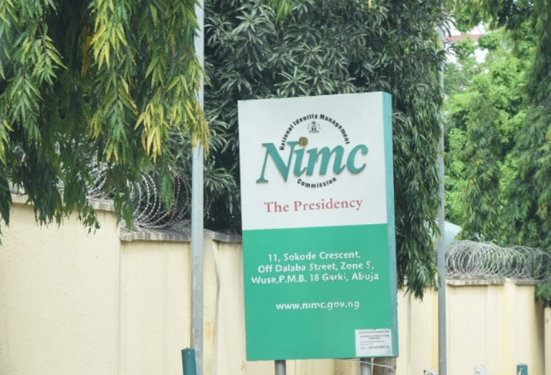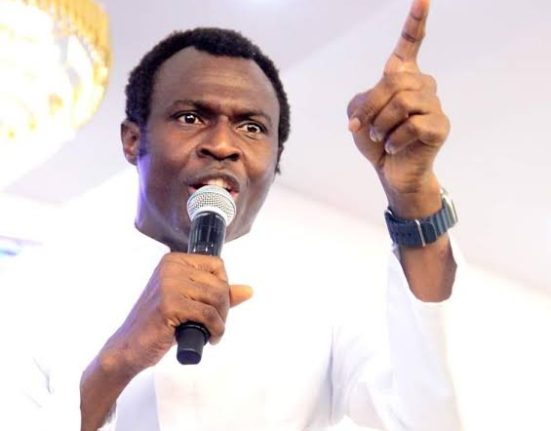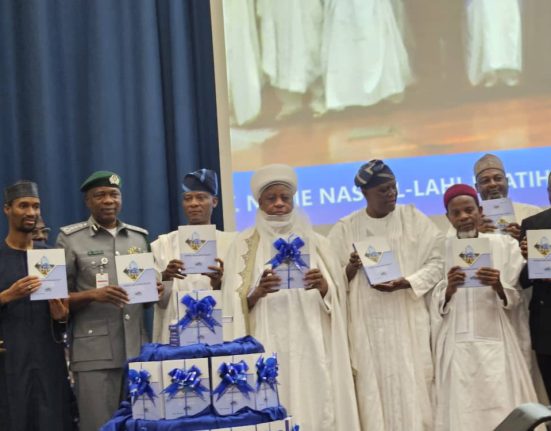ABUJA – In a massive move that rewrites Nigeria’s money rules, President Tinubu yesterday signed four major tax reform bills into law. Forget dry policy talk; this shake-up aims to hit the streets, affecting everyday Nigerians hustling to earn, save, or grow their businesses. Here’s the breakdown:
1. SMALL BUSINESSES CATCH A BREAK!
Listen up, traders, startups, and SMEs! If your business earns less than ₦50 MILLION a year, you’re NOW EXEMPT from Company Income Tax (CIT). That’s double the old ₦25 million threshold. Even for bigger players, CIT rates have been slashed from a hefty 30% down to 25%. Meaning? More profit stays in your pocket for growth and salaries.
2. ONE NATION, ONE TAX RULEBOOK (FINALLY!)
Tired of different tax agencies hounding you with confusing, overlapping demands? The new Nigeria Tax Administration Bill brings SAME RULES FOR EVERYONE – Federal, State, and Local. No more confusion! Plus, banks must now flag big money moves: transactions over ₦50 million for individuals and ₦250 million for companies get reported automatically. Target? Smash tax dodgers and bring transparency.
3. FIRS GONE! MEET THE NEW “NRS” SHERIFF IN TOWN
The old FIRS is history. Say hello to the Nigeria Revenue Service (NRS). This isn’t just a name change – it’s a power upgrade. The NRS gets sweeping powers, more independence, and a tech boost to chase all government cash, not just taxes. Think cutting-edge digital tools, strict performance targets, and a laser focus on efficiency. Goal? Faster service, less hassle, cleaner collections.
4. ENDING THE “MULTIPLE TAX WAHALA”
Fed up with different government levels all demanding their cut under different names? A new Joint Revenue Board is being set up. Its job? Force Federal, State, and Local tax agencies to work together, share info on one platform, and stop duplicating efforts. This means faster money sharing, tracking where cash really goes, and slamming the door on corruption leaks.
THE BOTTOM LINE:
This isn’t just paperwork. It’s a direct shot at boosting your business survival chances, making tax rules clear for the market woman and the millionaire, and building a smarter, fairer system to fund Nigeria’s future. Will it work? The devil’s in the details, but the intent to ease pain and plug leaks is crystal clear.







